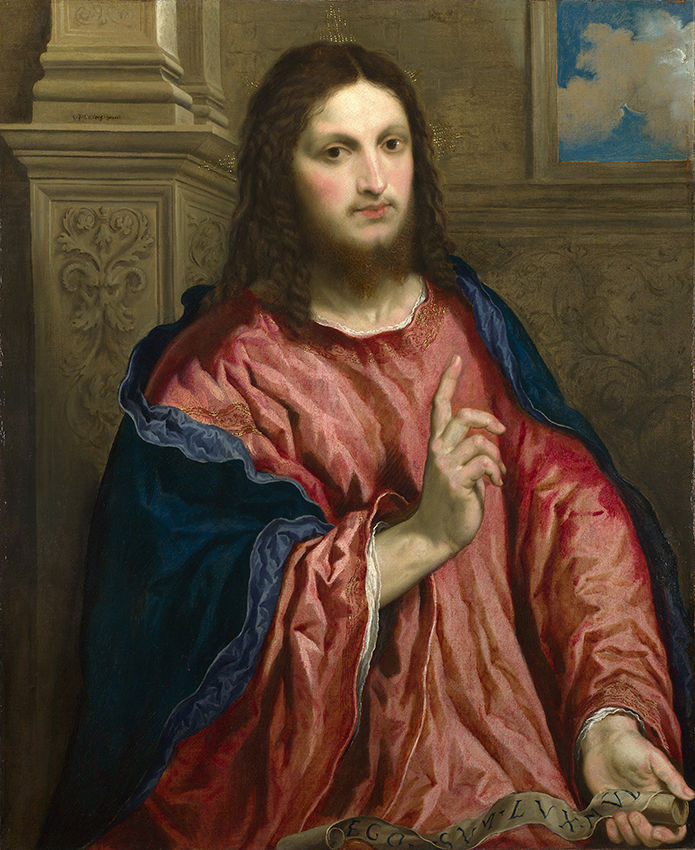Jesus came among us as light to scatter the darkness of a fallen world.
As his disciples, we, too, are called to be “the light of the world,” he tells us in the Gospel (see John 1:4, 9; 8:12; 9:5).
All three images that Jesus uses to describe the Church are associated with the identity and vocation of Israel.
God forever aligned his kingdom with the kingdom of David and his sons by a “covenant of salt,” salt being a sign of permanence and purity (see 2 Chronicles 13:5, 8; Leviticus 2:13; Ezekiel 43:24).
Jerusalem was to be a city set on a hill, high above all others, drawing all nations toward the glorious light streaming from her Temple (see Isaiah 2:2; 60:1—3).
And Israel was given the mission of being a light to the nations, that God’s salvation would reach to the ends of the earth (see Isaiah 42:6; 49:6).
The liturgy shows us that the Church, and every Christian, is called to fulfill Israel’s mission.
By our faith and good works we are to make the light of God’s life break forth in the darkness, as we sing in this week’s psalm.
This week’s readings remind us that our faith can never be a private affair, something we can hide as if under a basket.
We are to pour ourselves out for the afflicted, as Isaiah tells us in the First Reading. Our light must shine as a ray of God’s mercy for all who are poor, hungry, naked and enslaved.
There must be a transparent quality to our lives. Our friends and family, our neighbors and fellow citizens, should see reflected in us the light of Christ and through us be attracted to the saving truths of the Gospel.
So let us pray that we, like St. Paul, might proclaim with our whole lives, “Christ and him crucified.”
Scott Hahn is founder of the St. Paul Center for Biblical Theology, stpaulcenter.com.

